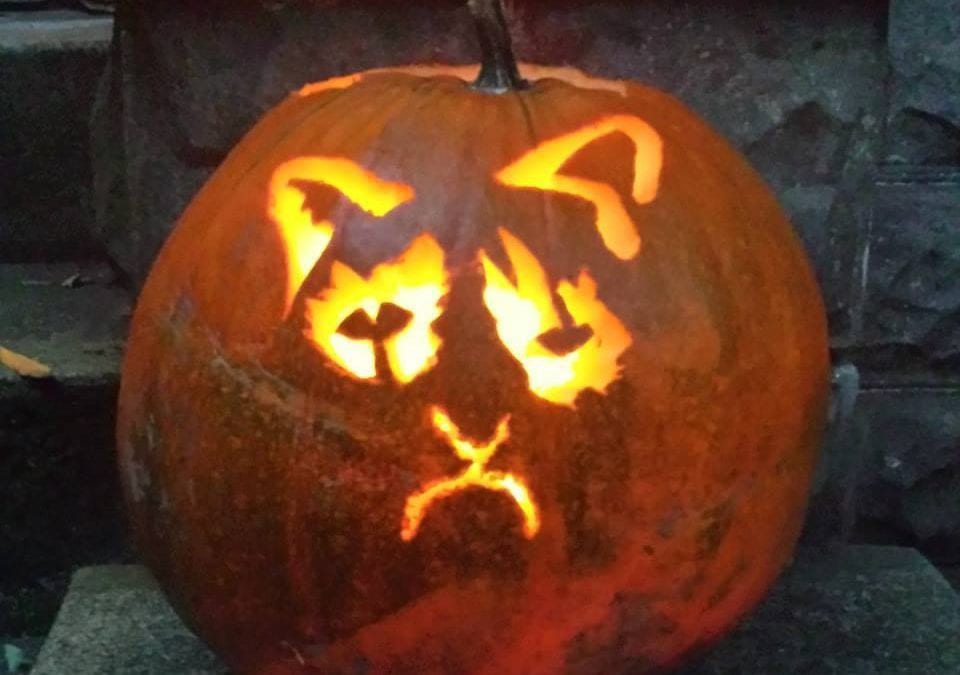By: Carissa Martos
The first time I really contemplated suicide, I was a teenager, and there were two feelings, and only two feelings.
The first was an inexorable exhaustion, one that had been dogging me for months, had finally grabbed hold of me, and I felt I couldn’t escape it. No amount of coffee, sleep, friendship, or excitement for the future could break into the sheer weight of tiredness I felt. My body ached; my brain processed like it was in a fog. I couldn’t imagine living the rest of my life moving the slowly, this lethargically.
Secondly, there was guilt. See, I’d had friends both attempt and succeed at suicide, for various reasons: abuse, tween pregnancy, parental neglect, drug use. While I had a couple of issues with administrators at my school, and a relationship with my parents that wouldn’t heal for well over a decade, I knew I wasn’t suffering in comparison. As exhausted as I was, I could often dredge up the energy to self-flagellate about how I was considering ending it all, and I was being a wuss, since I didn’t have it nearly as bad as other people.
I made it through that episode, basically with the help of a singular friend and the suggestion from a counselor that I might have bipolar. Given an explanation, and a theoretical end to the exhaustion, I managed to make it to eighteen, and then nineteen. I went to college, I got married, I had a beautiful daughter. Then the exhaustion came back, compounded by colic, post-partum depression, and the actual exhaustion of having a baby. My kid’s pediatrician talked me out of jumping in front of the train going by our home, shocking me back into reality by reminding me how slow the Santa Fe is, and that it would just push me to Sacramento.
My son was born, we moved to Portland, and the feeling crept in, again. I started to get irritated, wishing it would come with some more sadness, some feeling other than guilt for not yet having life insurance, or worry that my children wouldn’t know me well enough to miss me yet. Each time there was a certainty to it, but the guilt was always there, the knowledge that other people had experienced worse, so what right did I have to feel so bad?
One of the only times I tried individual therapy as an adult, the therapist was taking notes for a second and then interrupted me with “My parents survived the Shoah, so I think you can handle your problems, don’t you?” It hit me right where I was weakest, in the part of my soul where I felt even worse for feeling too tired to keep going because I wasn’t in active trauma. I felt betrayed by my medical professional, and I drove home with tears pouring down my face.
Thing is, my bipolar (in and of itself) was enough of a reason for me to be feeling the way I was. Compounded with my PTSD, I was suffering, and the feelings of everyone in the world had no bearing on that. Sitting in the children’s hospital and walking with the mother of a baby about to undergo the same procedure as my son, I was walking her through recovery, as I’d been through this part twice before, and this was her first time. The other women in the cafeteria with us had been a mother whose child was there for a bone broken in a bicycle accident, and one who was losing her child to bone cancer. Each of them was having the worst day of their lives, and the fact that one outcome was objectively worse than the others didn’t take away from the fear the other moms were experiencing.
Looking at my depressive cycles, and the dark exhaustion that comes every few years, through that lens, has made all the difference for me. Pain is pain. Fear is fear. Exhaustion is exhaustion. There is not a competition, or a level to which it must rise to be valid. I made the decision to share where I am with the people closest to me when I am too tired to move, and when I can only feel bone-weariness and guilt. Without judgement, they remind me that the dark does lighten up, we’ll get through it, and they do their best to let me have the time I need to rest.


